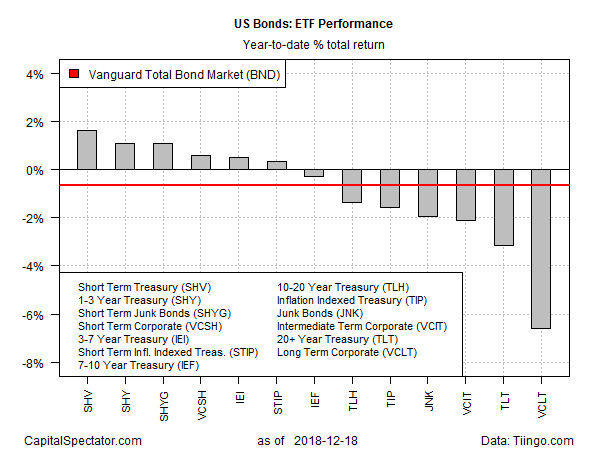Content
- The QBI Tax Deduction: What Is It and Who Can Claim It?
- How do I calculate my deduction?
- Are there certain types of businesses that are automatically ineligible for the QBI deduction?
- Section 199A: Qualified Business Income Deduction (QBID)
- Try Rocket Lawyer FREE for 7 days
- Step 4 – Apply overall limitation
- Facts About the Qualified Business Income Deduction
- Sorry, you have been blocked
In other words, at best, a taxpayer will be able to ultimately deduct 20% of QBI. Depending on the taxpayer’s taxable income, the QBID may be further reduced below 20% of QBI. It means that a taxpayer can adjust his or her estimated taxes to account for this reduction in taxable income. But, be careful because if you underestimate how much income you’ll earn in a year, the penalty for underpayment of estimated taxes can hurt. Our small business tax professional certification is awarded by Block Advisors, a part of H&R Block, based upon successful completion of proprietary training. Our Block Advisors small business services are available at participating Block Advisors and H&R Block offices nationwide.

As a small business owner, you can’t automatically get the Section 199A deduction – a little extra paperwork is necessary. You should claim the QBI deduction on your federal income tax return on Form 1040 via Form 8995 or Form 8995-A. Our Block Advisors small business tax pros speak the tricky language of taxes. The QBI deduction is a personal write-off that you can claim whether you take the standard deduction or itemize personal deductions. The QBI deduction does not reduce business income or have any impact on self-employment tax for owners who are treated as self-employed individuals. However, as you’ll see, there are many limitations that may prevent you from taking a qualified business income deduction.
The QBI Tax Deduction: What Is It and Who Can Claim It?
On lines 6 through 9, you enter your current year income from these types of investments, carryovers from the prior year, and multiply the total by 0.2 to find 20%. Using the simplified form to claim the pass-through deduction can save a lot of paperwork. The expanded version of the form, 8995-A, has four sections plus four additional schedules, used to calculate the business’s qualified business income, potential deduction phaseouts, and the resulting deduction. We know this deduction can quickly become complicated with eligibility rules, definitions, aggregation requirements, and applying the wage tests. The good news is, tax professionals can help you figure out if you can claim this deduction and calculate your total deduction amount. QBI is the net amount of the business’ qualified items of income, gain, deduction, and loss.

Form 8995-A is for more complicated situations, including SSTBs and owners of multiple businesses. Specific types of income must be removed from the calculation for the QBI deduction. You can count most of your business’s net income from business operations. The 80/50 rule says that if a ‘non-SSTB’ has 50% or more common ownership with an SSTB, and the “non-SSTB” provides 80% or more of its property or services to the SSTB, the non-SSTB will, by regulation, be treated as part of the SSTB.
How do I calculate my deduction?
That broad definition includes medical practices, consulting firms, law firms, accountants, investment managers, financial advisors, professional athletes, performers, and more. You can determine whether you get the full 20 percent deduction, a limited deduction, or no deduction at all based on your total taxable income. If you’re over that limit, complicated IRS rules determine whether your business income qualifies for a full or partial deduction. Here’s how the qualified business income deduction generally works. If you’re one of the taxpayers who own a pass-through business and you have taxable income above these limits, figuring out what deduction, if any, you qualify for under the new tax law is tricky.
For purposes of determining alternative minimum taxable income under section 55, qualified business income shall be determined without regard to any adjustments under sections 56 through 59. The combined qualified business income deduction is less than the overall limitation, so the total QBID that Sam is allowed will be $41,000. Generally, qualified business income refers to the business’s profits.
Are there certain types of businesses that are automatically ineligible for the QBI deduction?
The QBI deduction is calculated on one of two forms, depending on the amount of your taxable income. Under the new tax code, it’s generally better not to own an SSTB. Owners of SSTBs are subject to a phaseout and a cap on their deduction, https://kelleysbookkeeping.com/ adjusted for inflation each year. The phaseout for 2022 is $340,100 for married taxpayers and $170,050 for all other taxpayers. For 2023, the phaseout is $364,200 for married taxpayers and $182,100 for all other taxpayers.
- All section 199A amounts will be adjusted for basis, at-risk, and passive loss limitations, if applicable.
- This post is to be used for informational purposes only and does not constitute legal, business, or tax advice.
- As a small business owner, you can’t automatically get the Section 199A deduction – a little extra paperwork is necessary.
- If there is only one pass-through entity, then the QBID for the one entity is the combined QBID.
- The QBI deduction can be a generous tax break for businesses that qualify, but it comes with many complicated rules, definitions, and limitations.
Beyond our year-round financial reporting support, you get access to our in-house tax advisory team. They’re here to help you figure out what you need to do to minimize your tax liability and improve your operations. No more lost How To Get A Qualified Business Income Deduction hours trying to figure out the technicalities, just savings. As you’ve probably noticed by now, the QBI deduction gets complex fast. The best way to figure out whether it applies to your business is to take it step-by-step.
Get matched with a tax pro who knows what you need, whether filing personal, self-employed or business taxes. Even before your QBI deduction kicks in, you can lower your taxable income off the bat by keeping thorough expense records throughout the year. For a full list of what the IRS doesn’t consider qualified business income, head here.

Yorum yaz